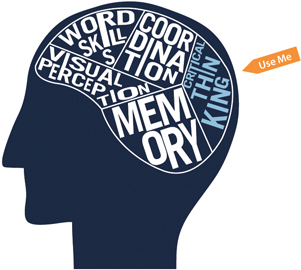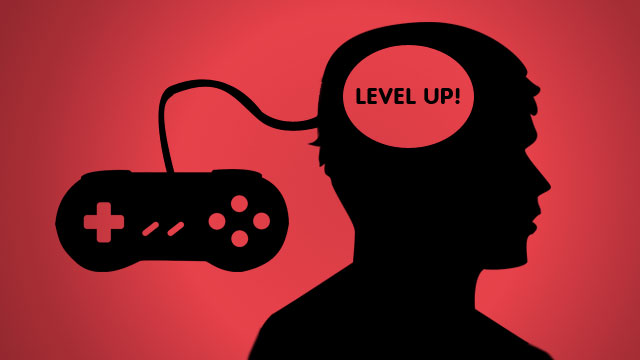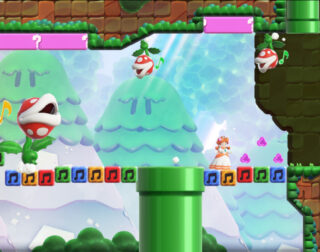Can simply playing video games that demand critical thinking help players better apply the use of those skills to real-world scenarios? We’d say no, probably not — at least not the video game play itself.
This may appear to undercut what we do here at LearningWorks for Kids — where we demonstrate how popular digital media can teach critical thinking and academic skills — but our main premise has always been that guidance is key, and that parents play a major role in turning game-time into brain-time.
There are many who continue to argue that video games are a major waste of time and reduce time spent on many other, far more productive activities for children. On some levels, these critics might be right. While there is no doubt that gameplay improves game-based learning skills (meaning the more time you spend playing video games, the better you’ll get at them) there is a question as to how easily these game-based skills can be directly applied to other parts of life. While the nay-sayers might acknowledge that playing video games and using other digital media might lead to facility with technology and perhaps some improvement in visual-perceptual skills, they do not see how video games improve problem solving, decision making, and academics. The more important question to ask, however, is: does repeated video game play improve skills outside of the game?
 In order to answer this question, we need to recognize that not all video games are created equal. Some games can improve skills such as Working Memory, processing speed, selective attention, and fluid reasoning skills just by playing them. Others may practice skills such as Planning or Time Management, but may not directly lead to improved application of these skill in the real world. Furthermore, some games can really challenge a player’s cognitive skills, while others are simply fun and require little more than some base reflexes and hand-eye coordination.
In order to answer this question, we need to recognize that not all video games are created equal. Some games can improve skills such as Working Memory, processing speed, selective attention, and fluid reasoning skills just by playing them. Others may practice skills such as Planning or Time Management, but may not directly lead to improved application of these skill in the real world. Furthermore, some games can really challenge a player’s cognitive skills, while others are simply fun and require little more than some base reflexes and hand-eye coordination.
Our philosophy at LearningWorks for Kids has always been that many popular video games can be excellent teaching tools for thinking and academic skills, but only when players go through the process of identifying, thinking about, and connecting the skills learned in the game to the real world. It is then that games truly become powerful mechanisms in the education of children.
Game publishers are aware of the potential power that video games have for teaching academics and 21st-Century skills, and it is our hope that they subtly begin to embed strategies that connect game-based skills to real world problem-solving skills. In the meantime, we are left with the dilemma of how to generalize game-based learning, so the benefits gleaned can have real-world impact. This means broadening the understanding of how critical thinking skills can be applied across a range of scenarios and situations, both in games and in real life.
In addition to our Playbooks — which provide detailed instructions about using individual games and technologies for improving specific skills — there are a number of general approaches that parents and teachers can use to utilize video game play as a teaching tool and increase the generalization of game-based skills to daily activities.
Strategies for Learning With Video Games:
- Talk, talk, and talk some more about what your kids and students are playing.
- Find out what it is that makes the games and technologies they are using so interesting to them.
- Check out the research so you’ll understand both the positive and negative effects that video game play has on brain development.
- Learn more about the generalization of skills and how the process can improve learning with and without games.
PART OF OUR SERIES ON GAME-BASED LEARNING AND GENERALIZATION:
Part I: Learning with Video Games — It’s all about Generalization.
Part II: How to Improve Game-Based Learning with Generalization
Part III: Generalization & Game-Based Learning: What Parents & Educators Need to Know





